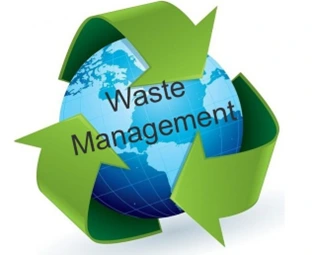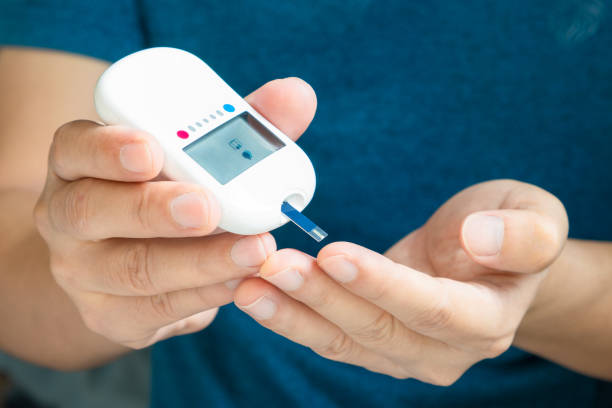In the hustle and bustle of modern life, we often forget that every small action has a big impact, especially on the environment.
One of the most pressing and often overlooked environmental issues is waste management.
Unmanaged waste not only mars our landscapes but also poses serious health and environmental problems.
Why Is Waste a Big Problem?
Just imagine, every day we generate tons of waste. According to the National Waste Management Information System (SIPSN) of the Ministry of Environment and Forestry, waste generation in Indonesia in 2024 reached 27.74 million tons, or about 76 thousand tons per day (Source: Tempo.co).
This amount is equivalent to the weight of 76,000 Toyota Avanza cars!
The dominant type of waste in Indonesia is food waste (39.04%), followed by plastic (19.78%) (Source: Tempo.co).
Tragically, around 7 to 11.4 million tons of waste in Indonesia remained unmanaged as of July 2024 (Source: GoodStats Data, BRIN).
Globally, it’s estimated that the world generates about 2.01 billion tons of waste annually, and this figure is projected to increase to 3.4 billion tons by 2050 if there are no significant changes in waste management (Source: SolarKita).
If not handled properly, this waste ends up in increasingly crowded landfills, polluting the soil, water, and air.
Indiscriminate burning of waste produces toxic gases, while plastic waste takes hundreds of years to decompose and often ends up in our oceans.
It’s worth noting that about 8 million tons of plastic end up in the ocean each year, which is equivalent to dumping one garbage truck full of plastic every minute (Source: SolarKita).
The Key to Effective Waste Management: The 3Rs
So, what can we do? The answer lies in the concept of the 3Rs: Reduce, Reuse, Recycle. These are not just environmental buzzwords, but practical guidelines we can apply daily:
Reduce
This is the first and most important step. Try to minimize the amount of waste you generate.
For example, bring your own shopping bag, avoid using plastic straws, or buy products with minimal packaging. The less we buy, the less waste we throw away.
Reuse
Before throwing something away, consider whether it can be repurposed. Plastic bottles can become plant pots, glass jars can be storage containers, or old clothes can be donated. Your creativity is key!
Recycle
Separate waste by type: organic, inorganic, and hazardous waste (B3). Organic waste can be composted, while inorganic waste such as plastic, paper, and metal can be recycled into new products.
However, the recycling rate in Indonesia is still low, around 15.2% (Source: GoodStats Data), far below the global average for plastic, which remains stagnant at 9% (Source: Klik Hijau).
This indicates that we need to actively increase our participation in recycling activities. Look for a local waste bank or recycling facility in your area.
Read More: The Importance of a Healthy Sleep Pattern
Real Action Starts with Ourselves
Waste management is not solely the task of the government or specific parties; it is our collective responsibility. Starting from home, we can make significant changes:
- Separate waste at home. Provide separate bins for organic and inorganic waste.
- Compost food scraps. If possible, make compost from your kitchen waste.
- Carry a reusable water bottle. Reduce your purchase of bottled water.
- Educate family members. Involve children in the waste sorting process so they get used to it from an early age.
- Support eco-friendly products. Choose products that are recyclable or have a low carbon footprint.
Building a clean and healthy environment is an investment for our future and for generations to come.
Let’s start with the simplest thing: managing our own waste. Because my waste is my responsibility, and a clean environment is a shared good.
Writer: Asih Ba’dia
Student College of Universitas Muhammadiyah Prof. Dr. Hamka
Editor: Siti Sajidah El-Zahra
Language: Rahmat Al Kafi
Ikuti berita terbaru Media Mahasiswa Indonesia di Google News









